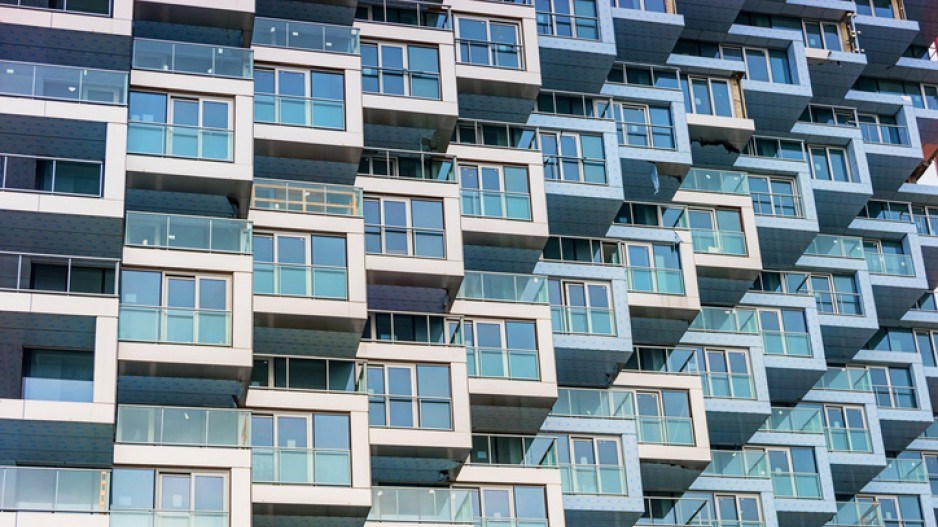Landlords and tenants affected by the COVID-19 pandemic are at loggerheads over evictions and unpaid rents as pandemic bans on evictions and rental increases continue.
On March 25, Victoria had ordered a ban on virtually all rental evictions – including those in progress – froze rental increases and issued $500 payments directly to landlords to help tenants battling job and income losses for the pandemic’s duration.
Now, Minister of Municipal Affairs and Housing Selina Robinson is caught between the two groups.
LandlordBC has posted on its Facebook page a form letter to the minister for landlords to send asking the order be amended. It says there is no end in sight to the provincial state of emergency, which Victoria continues to extend.
“This is a particularly troubling language for the rental housing sector as we are subject to the moratorium on evictions,” the LandlordBC letter said. “The notion that the state of emergency could be extended indefinitely is an unnerving prospect for owners and managers of residential rental housing.”
The letter said the situation is “a particularly daunting prospect” for the many small landlords providing homes for families.
LandlordBC is seeking order amendments around non-payment of rent, owner possession, damage to rental units or property, disturbing other tenants' rights of quiet enjoyment and other issues.
“The longer the state of emergency continues, and the eviction moratorium remains in place, the more exacerbated the situation will become,” the letter said.
The Vancouver Tenants Union has gone in the opposite direction, releasing a petition calling for an extension of the eviction ban and rent increases until the end of the pandemic.
The union also wants from Victoria a plan to cancel existing eviction notices and rent debt accrued before and during the pandemic.
Robinson said in a statement that the actions were taken to protect public health by minimizing numbers of people moving during the pandemic and therefore the spread of COVID-19, as well as to ensure renters who lost income didn’t lose their homes as well.
“We know we live in uncertain times, but we encourage landlords and tenants to continue to work together to maintain payments whenever possible,” Robinson said. “Government has been clear from the start that renters who aren’t experiencing financial hardship should continue to pay their rent, and we’ve been pleased to see the vast majority of tenants have paid their rent even during this difficult time.”
Robinson stressed the moratorium is not permanent, and that renters will be responsible for outstanding rent due once the moratorium has ended.
“However, it’s important that vulnerable renters aren’t caught by surprise on any changes to the halt on evictions, the minister said. “We are committed to giving people advance notice before we make any changes to the measures around evictions and are working on how that transition will happen to ensure renters and landlords are able to plan and are supported.”
According to rental.ca, average rental prices in Vancouver alone range from $1,812 for a bachelor/studio, $2,194 for a one-bedroom, $2,794 for a two-bedroom and $3,875 for a three-bedroom. The rates are 112% higher than the Canadian average, rental.ca said.
@jhainswo




